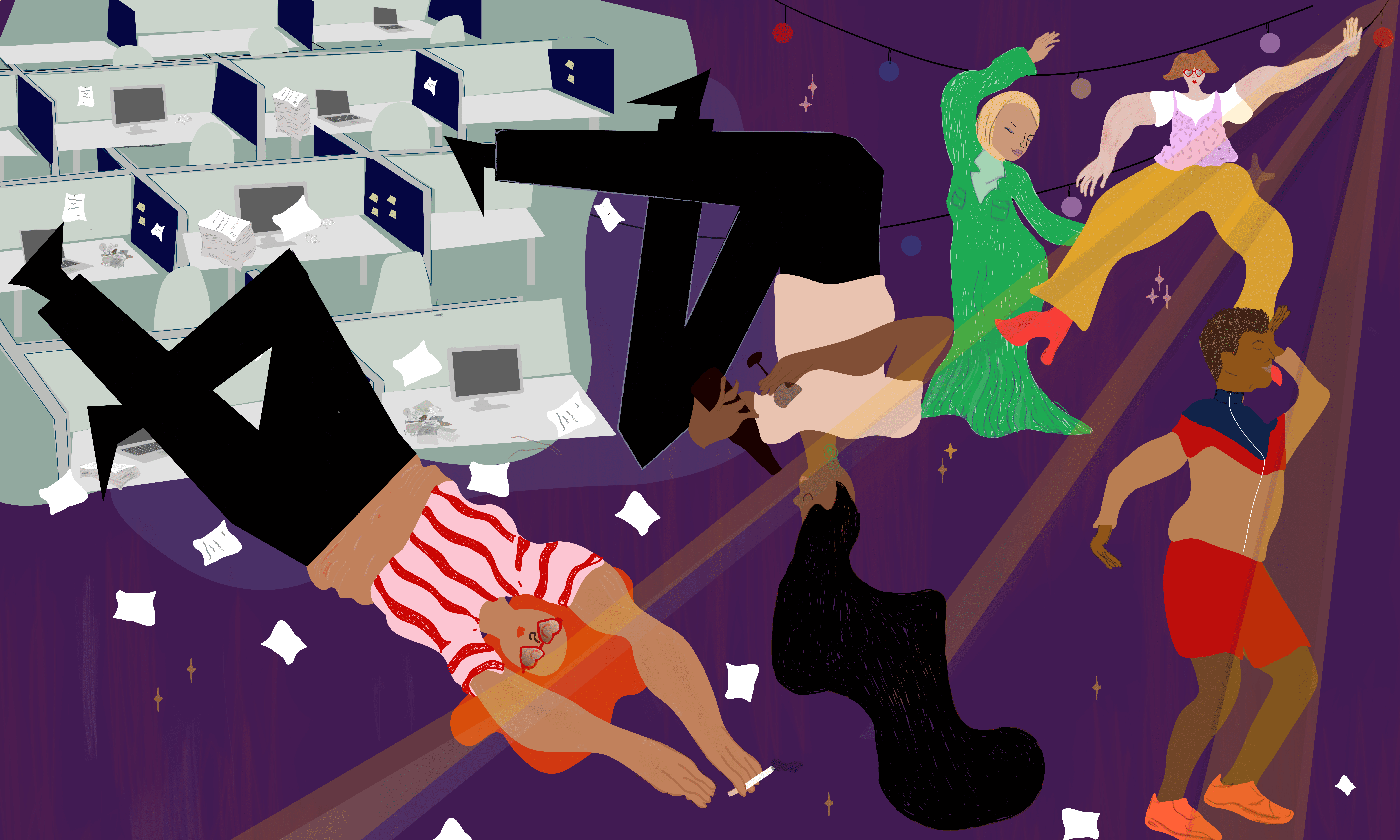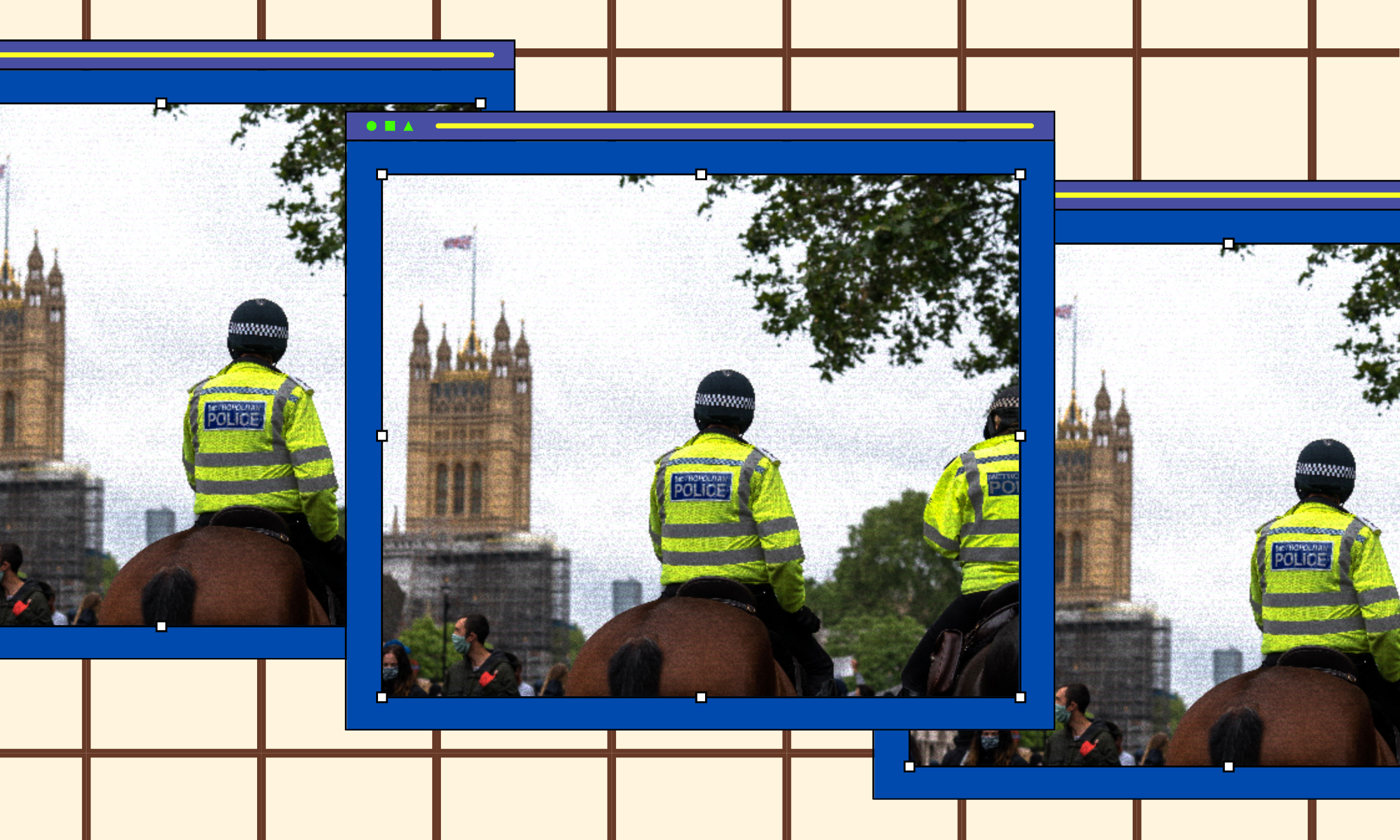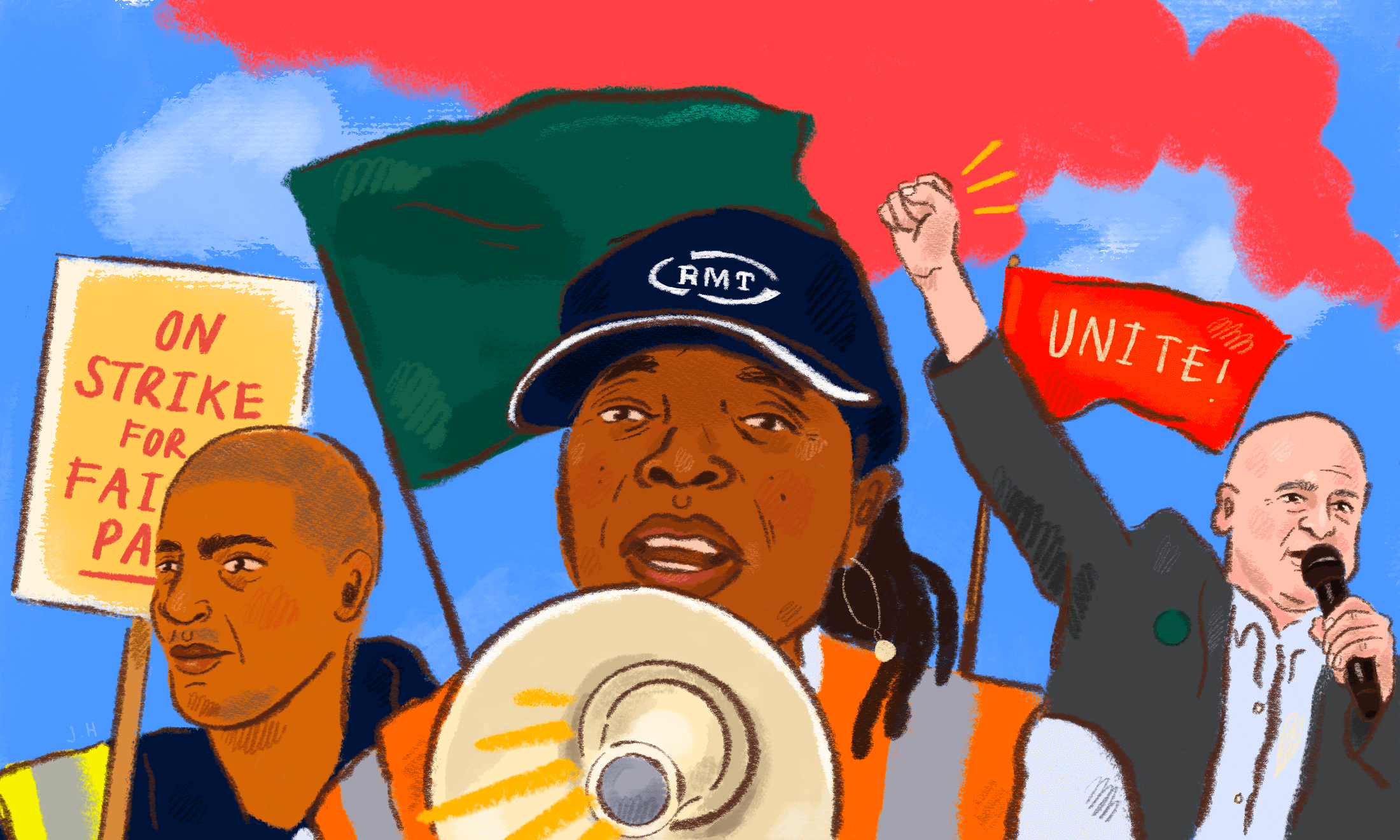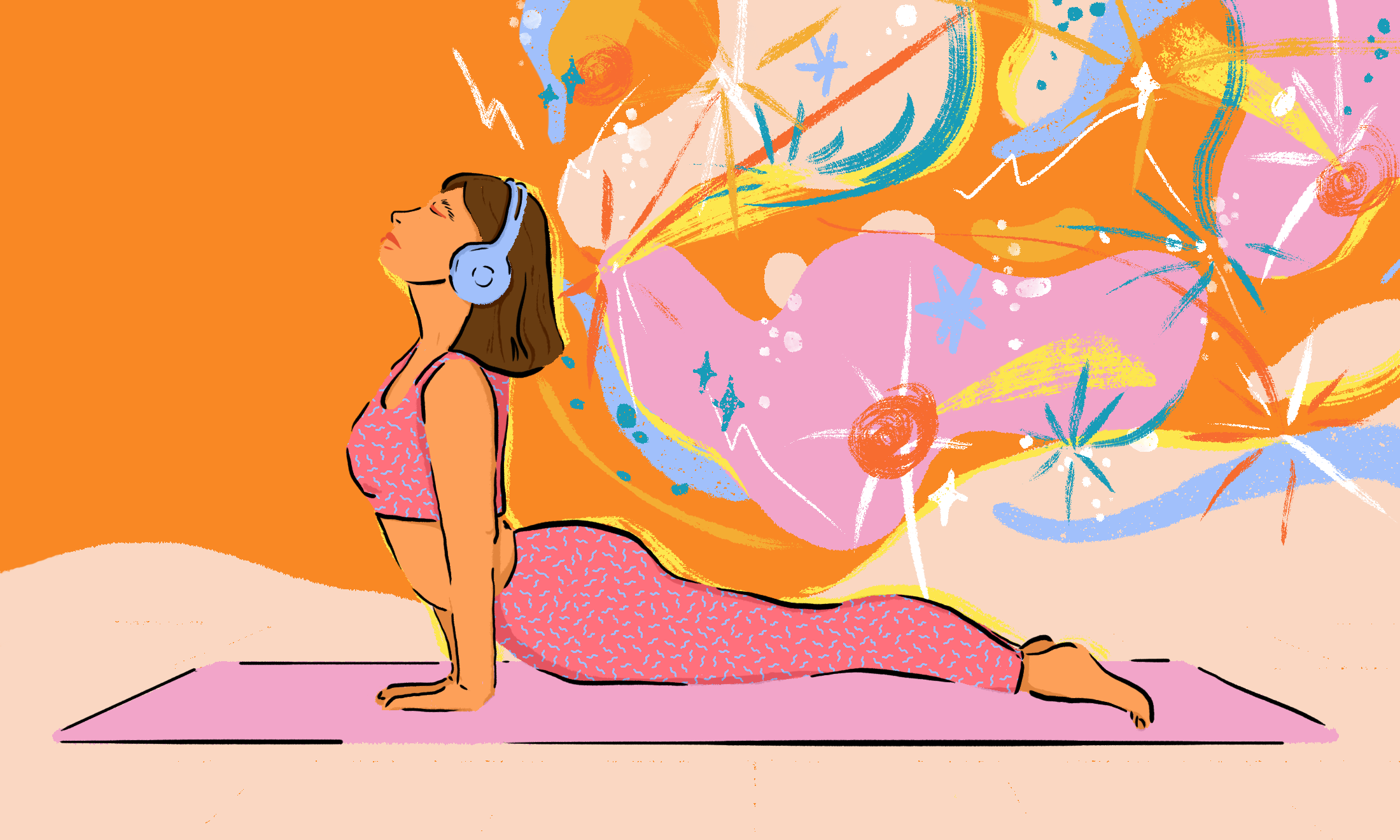
Hayfaa Chalabi
Why messy afterparties feel like resistance to a work-obsessed society
After months of lockdown, I'm welcoming back the fun clammy nights with open arms.
Ruchira Sharma
28 Jun 2021
“PLAY RIHANNA WORK!”, a voice shouts from the back of the room.
“FUCK YES!”, a screech erupts from another corner.
Several bodies launch themselves off the floor to gyrate against the wall, back of chairs – anything immediately available – in imperfect synchronicity to the song’s “na, na, na, na, na”. Scattered around us are bottles and wine glasses; a few polaroids taken before the night out to “immortalise us at our best”. It’s a far cry from the weathered eyeliner, smudged lipstick and generally dishevelled appearance of all of us right now.
At 5 am we should’ve all gone home but didn’t. Someone asked “afters?” and now we’re all here, at hours no one should be awake at by choice. We’re drinking more, chatting shit and dancing in bursts of unexplainable energy, before repetitively folding back into an overheated bundle on the ground. Every few minutes the thought of covertly getting the Uber app up on my phone flashes, but my hands refuse to follow through and remain pinned in their current position.
This was a typical scene from my weekends right before the pandemic happened, but the past year has felt hollow without those slightly gross and clammy times in a random bedroom, with a laptop vomiting out song request after song request. I miss how nothing seems to matter in those moments and time doesn’t exist. Minutes bleeding into infinity. And I realise now that without these messy afterparties, I’m losing all the ways I can actively resist a work-obsessed society.
Over the past year, work seems to have colonised our lives. With an end to socialising, dating, fun activities and a temporary elimination of “third places” i.e. pubs, galleries, gyms or venues that we go to when we’re bored of the places we work and sleep, it’s been hard to cultivate or maintain a sense of self outside of our jobs. And although it’s a luxury to afford or access these spaces, they’ve been a significant loss at a time when work culture has only felt more oppressive in our lives.
“For most of us, partying all night means a second to stop thinking about the career ladder, or the other “milestones” prescribed to us by a heteronormative, capitalist society”
To survive capitalism’s insistence on burnout culture, we need escapism. And afterparties provide exactly that – they’re an anomalous event in a society seeking peak productivity at every corner. While our jobs represent an enforced structure in our lives, for most this is a 9-5 schedule, afterparties are chaotic and devoid of boundaries. They revolt against the times we’re supposed to be asleep and awake – the hours we’re told we’re at an “optimal” capacity.
So every time we attend an after party, we push back on the idea that we’re designed to use our free time to feel well-rested and more equipped to work. In the depths of these nights, my hedonism unlocks a side of my identity I don’t often see. I’m untamed and revel in attention – a far cry from the reserved professionalism I exude at work and the social anxiety I often grapple with.
For most of us, partying all night means a second to stop thinking about the career ladder, or the other “milestones” prescribed to us by a heteronormative, capitalist society. It’s something we do completely for ourselves, knowing it could even devalue our output come Monday when we’re battling a two-day hangover. Some would say it’s the ultimate form of ‘self-care’ (though the wellness ‘gurus’ might argue otherwise).
After a year mostly inside my house, I forget that I’m a person who befriends strangers in smoking areas, sometimes laughs at my own jokes too much and dances outrageously (badly) to Megan Thee Stallion. Last week my friend reminded me of the time we did a ‘lipsync for your life’ at an afterparty two years ago and they were out winning me by a mile. Desperate, I pulled out the only move I had left and flashed the judges (my housemates at the time) right as the song cut out in what I thought would be a 00’s MTV music awards-esque moment. I lost (a travesty, obviously), but I miss the side of myself that made memories that we now laugh about.
“Every time we attend an after party, we push back on the idea that we’re designed to use our free time to feel well-rested and more equipped to work”
Anxieties of being too wild pale into comparison to the freedom of those moments now – a time when conversations had no shadow of the virus and actions weren’t defined by or in opposition to the pandemic. With 19 July promised as the new date restrictions will be lifted, I’m ready for afterparties to begin again and for all of us to celebrate in a way that feels spontaneous and unplanned.
As I write this, it’s Sunday and I’m hungover, lying in the recovery position on my sofa. Last night I stayed out too late for a friend’s birthday in the park and woke up to familiar fears of drinking too much and accidentally offending someone.
But I pause and reconsider everything. Actually, I spent hours catching up with friends I’d not seen since the pandemic began, as we had grown apart without nights out or events in the interim. I even made a new friend after having a candid chat about breakups and sexuality – the kinds of conversations you have when you’ve just met someone and bond over something innocuous, and become inseparable for the night.
Afterparties are also a means of making new friends and cultivating more casual ones, giving your life a richness of diverse relationships. We might not have that freedom right now but it won’t be forever. I can’t wait to see everyone on the other side of it and for those glimmers of fun and chaos to have no shadow of fear lurking behind.









